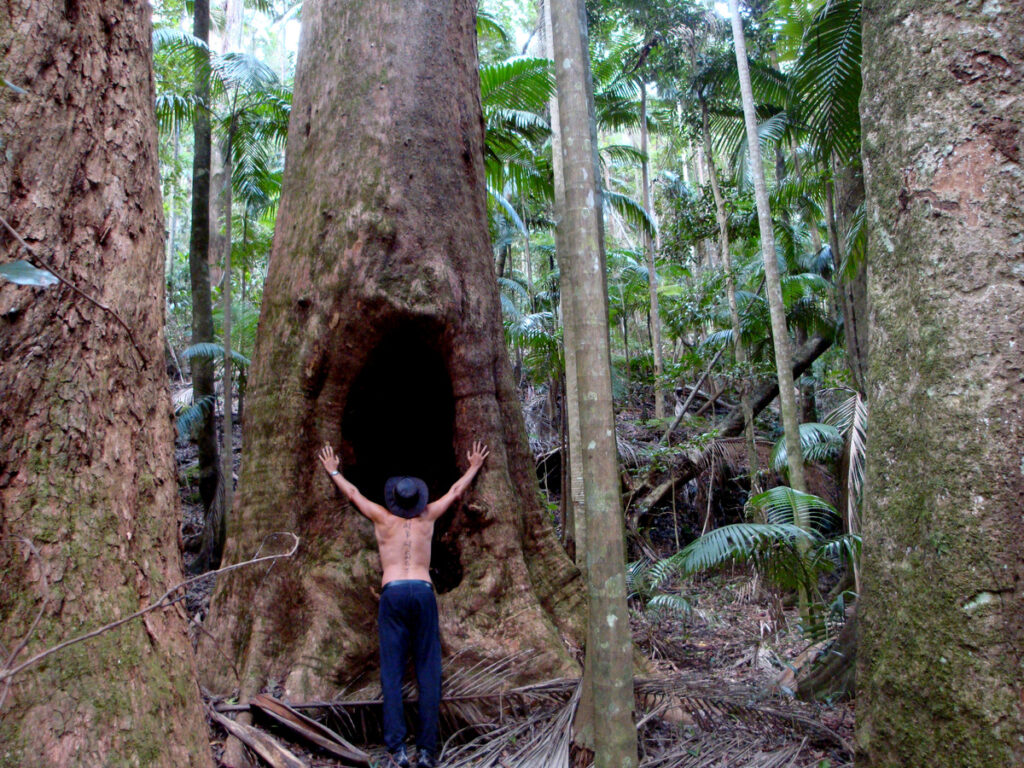The focus of International Indigenous Peoples Day in 2022 is women. So we separate 3 indigenous activists of Brazilian origin who have shared, on networks, content in defense of the environment and indigenous rights:
ADVERTISING

Alice Pataxó, from Aldeia Craveiro in southern Bahia. She is a journalist at Projeto Colabora and Yahoo Notícias and an ambassador for World Wildlife. “Telling the true story of Brazil, giving a voice to the indigenous people, the true heroes and owners of this land.”
Instagram: alixe_pataxo and Youtube: alice_pataxo
Photo: Edgar Kanayko

Tammy Tupinambá addresses, among other things, the erasure of indigenous people who live in urban areas. She is from the Northeast and is an educator.
Instagram: tammytupinamba and Twitter: tammytupinamba
Foto: Reprodução / Instagram

#Bill 490, the Temporal Framework
This Tuesday (9), the date that marks the International Day of Indigenous Peoples, social and political actors of this cause, such as deputy Joenia Wapichana, asked the end of the Temporal Framework and the departure of Marcelo Xavier from the presidency of the National Indian Foundation (Funai) on your social networks.
In addition to the rejection of the text, which disregarded as indigenous territory those that were occupied after October 5, 1988, problems such as the advance of deforestation, mining and other illegal activities in the Amazon were also reported. According to the Igarapé Institute, these challenges go against constitutional guarantees and the preservation of the culture of indigenous peoples.
Vulnerable groups
In fact, environmental disasters hit vulnerable groups more intensely, including indigenous peoples, as concluded research by the Polis Institute. Last Monday (08), the protection of indigenous women and girls was the focus of UN experts, who called for the creation of female leaders and affirmative actions to increase their public and political participation in communities. According to the Organization, the well-being of indigenous women is, in general, a powerful tool to combat the climate crisis. In Brasilia, São Paulo and other locations, organized acts occurred in response to violations in indigenous territories by the “agribusiness and rural militias”. Several social and research organizations also prioritized land demarcation and the State's indigenous policy in their mobilizations, such as Socioenvironmental Institute, o Climate Observatory and Articulation of the Indigenous Peoples of Brazil (Apib), which called for national mobilizations and asked the Federal Court for the immediate removal of the president of Funai, Marcelo Xavier, together with the Federal Public Defender's Office.
ADVERTISING
Curto Curatorship
- Brazilian chief helps migrants at the border (UN)
- International Day of Indigenous Peoples: discover the music made by them (CLAUDIA)
- Why is it that when we talk about indigenous people it’s only about tragedies? (Land)
- Bruno Pereira's widow counts on her ex-partner's strength to continue with her children and the indigenous cause: 'I feel him close to me' (The globe(I.e.)



